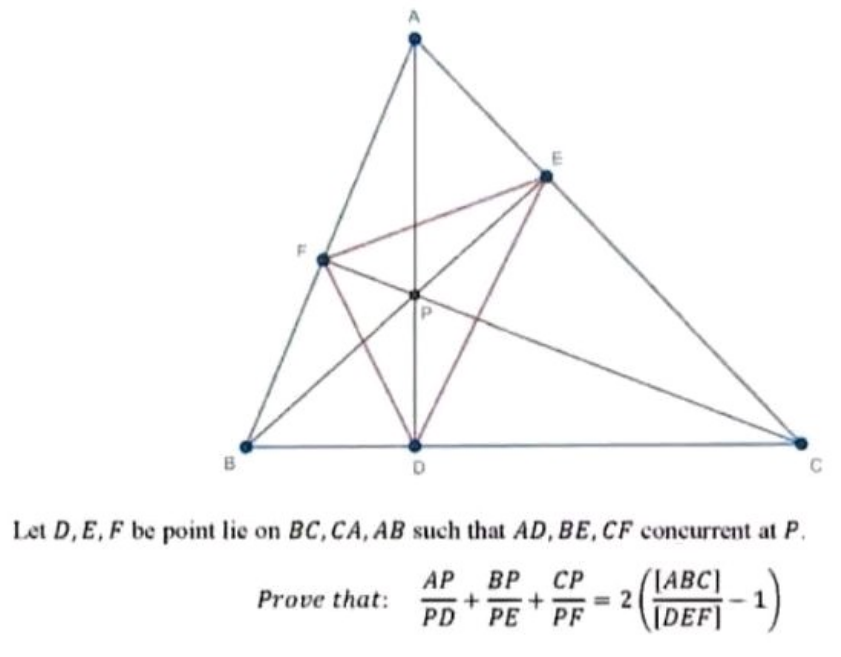
Question and Answers Forum
VectorQuestion and Answers: Page 2












|
Question and Answers Forum |
VectorQuestion and Answers: Page 2 |

|

|

|
| two weels, those have the same materials, with radii:r_1 =4 and r_2 =14 are starting to move on a surface,with the same velocity,from:x=0 to x=20. the surface has no friction. wich one arrives faster? any informations needed? |

|

|
| in a triangle nmmm5gfkl |
| Calcul I=∫^( (π/2)) _( 0) ((ln(cost))/(1+sin^2 t))dt |
| Calculer ∫^( +∞) _( (1/α)) e^(−αt^2 +2t) dt |

|
| If r_1 ^(→) =(sinθ,cosθ,θ), r_2 ^(→) =(cosθ,−sinθ,−3) and r_3 ^(→) =(2,3,−1), find (d/dθ){r_1 ^(→) ×(r_2 ^(→) ×r_3 ^(→) )} at θ=0 |
| A ball is thrown vertically upwards with a velocity of 10m/s from a point 75 m above the ground. Calculate the velocity with which it hits the ground. |
| An object is pulled up a smooth plane inclined at angle 45° to the horizontal. If the plane is 25 m long and the object comes to rest at the top, correct to two decimal places the: (i) initial speed of the object (ii) time taken to reach the top. |
| A(-1, 2), B(3, 5) and C(4, 8) are the vertices of triangle ABC. Forces whose magnitudes are 5N and 3√10N act along (AB) ⃗ and (CB) ⃗ respectively. Find the direction of the resultant of the forces. |
| Calcule: I=∫_o ^(𝛑/3) x^2 (sinx)^2 dx |
| calculate laplace transform L { (( e^( −(1/x)) )/( (√x) )) } = ? |
| determinant ((( If , Ω= ∫_0 ^( (π/2)) (( 4cos^( 2) (4x))/(3(1+sin^( 2) (2x ))))dx= a(√2) + b ))) ⇒ Find the value of , a− b=? |
| let S be the sets be the sequences of lenght 2018 whose terms are in the sets {1,2,3,4,5,6,10} and sum to 3860. prove that the cardinality of S is at most 2^(3860) ∙( ((2018)/(2048)))^(2018) |

|

|

|

|

|
| Help! A beam being lifted by two forces where F1makes an angle of 23° degrees with the y axis acts in the second quadrant F2 acts in the first quadrant making an angle of 32° degrees with the y axis and the resultant force is 67 N, determine F1 and F2. |

|
| [Help me!] The rate of change of w = x^3 y^2 z + y^3 z^2 − xz^4 at the point Q(0, 1, 2) in the direction V^→ = 2i + j + 2k is: a) −2 b) −3 c) −4 d) No alternative |